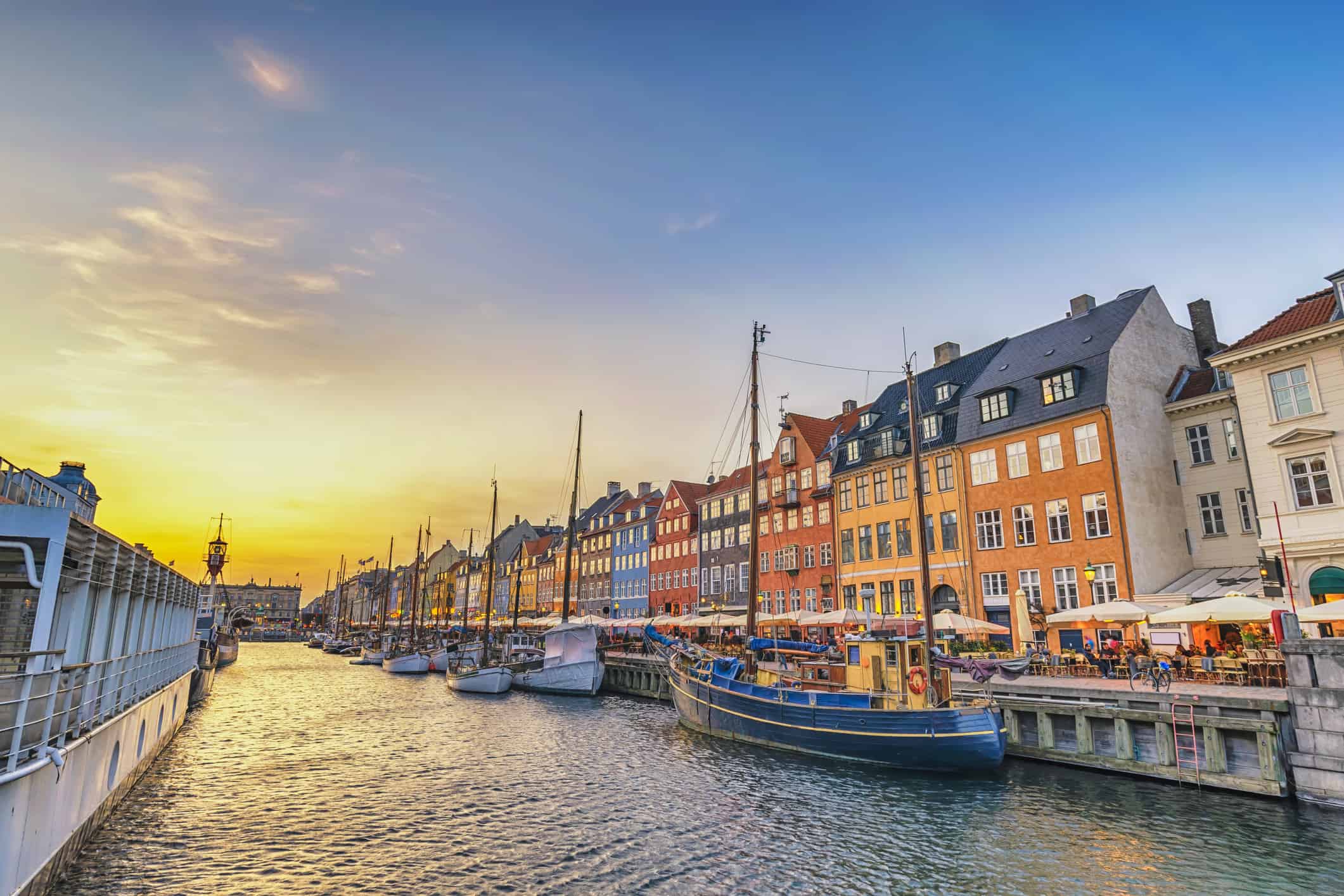Nordic Innovation: A Model to Emulate

Denmark, Finland, Greenland, Iceland, Norway, and Sweden comprise what are collectively known as the Nordic countries. These countries are well known for their high living standards and prosperity, regularly appearing at the top of quality of life lists or happiness indexes. It’s clear that they’re doing something right.
Why Are Nordic Countries So Happy?
There are certain key elements to the high standard of living enjoyed by people living in the region. Some may be unique to the region, and difficult to export, but luckily some of the most significant principles could be adopted anywhere in the world, and almost certainly bear similar results. Among them are the high value placed on equality, sustainability, and priorities placed not just on work-life balance but on the concept of balance as a whole.
Enough Time
One of the most significant cultural differences between America and the Nordic countries is the value placed on sufficient personal time. The average American works almost nine hours a day — 44 hours per week. A typical Nordic workweek would be more like the 37 hours, over a five-day workweek, worked by the average Dane.
A part of this cultural difference is the attitude toward working long hours. In America, working long hours is synonymous with “getting ahead” at work. While “getting ahead” can mean being noticed for a promotion or for one’s specific contribution, it typically translates into being paid more. A longer workweek in America usually indicates an effort toward more economic freedom (though by no means a guarantee of it).
Working longer hours isn’t seen as having ‘drive’ in the more egalitarian and economically-balanced Nordic countries. It’s seen as something of a personal failure, a sign of disorganization or incompetence. Sacrificing your personal life to “get more accomplished” at work is seen as more irresponsible than ambitious. Balance is essential to a good life.
Circular Economy
Balance is again reflected in the Nordic approach to meeting the challenges of climate change and ecological responsibility. Though many American businesses may make efforts toward sustainability, many—the most significant polluters among them—do not.
In the Nordic region, the principles of “reduce, reuse, recycle” are put into action in an economic system that is sometimes called circularity. What’s good for the environment is also good for Nordic business—and would be sound policy anywhere in the world.
More commonly called a circular economy, it’s an economic philosophy that has recently been the subject of a resolution in the European Parliament and enjoys broad support in the Nordic countries. A circular economy aims to prevent waste, reduce or eliminate the need for raw materials, and reduce the demand for new goods through more durable design and advances such as right to repair initiatives prolonging the lifespan of existing consumer goods.
Ecological Impact
The goal of a circular economy is to be self-sustaining and self-contained. Nothing goes out in the form of waste, and no new raw materials are required to be brought in.
The production of new-use goods currently accounts for around 45% of CO2 emissions. Widespread adoption of circular economic principles would have a significant positive impact on the amount of CO2 added to the atmosphere each year based on this alone.
There are slipstream benefits as well. Reducing the need for raw material and manufacturing means a reduced need for shipping and transportation, which currently account for roughly 25% of CO2 emissions.
Material Security
While the end objectives of a circular economy are primarily in response to the dangers of climate change, they make good economic—and political—sense as well. Some also describe a circular economy as inclusive or regenerative, meaning any material needed for manufacture can be sourced from within.
Reducing dependence on international sources for raw materials safeguards against phenomena like ongoing supply chain stability concerns or the current Russian invasion of Ukraine, making Nordic business concerns better able to compete during times of crisis.
In addition to reducing negative environmental impact, a circular economic model increases raw material security, which has been shown to stimulate innovation, competition, and ultimately economic growth.
Doing Right
It’s no secret that many of the more affluent nations in the world are home to abundant and accessible natural resources. Where careful and successful management of these resources has made the Nordic region prosperous, what these countries did with their wealth is another key to the Nordic quality of life.
The Nordic countries used their resources and the wealth they could generate for the common good, reinvesting in their own society. The five member countries of the region embrace and identify with social democratic principles, and the political parties of the region were among the avant-garde in adopting progressive social policies.
This is because the Nordic people place particular importance on the social contract and take moral responsibility for the well-being of every member of their society. Nordic higher education is affordable and available to all, and the region has some of the most significant personal liberties and freedoms of any nation in the world.
The people of the Nordic countries take education seriously and highly value it. Nordic businesses build on that value with innovations in educational technology, like Iceland’s Beedle.Co and their educational solution, which puts planning and assessment tools developed by academic experts at the disposal of teachers around the world.
It’s a basic principle—do what’s right—that has paid off, and not just at home. AML software company Lucinity, with offices in Reykjavik, uses advanced AI to identify evidence of money laundering and stem the funding of international criminal activity. The company’s stated mission is “to make money good.”
Opportunities for Collaboration
It’s clear that the policies of the Nordic region are paying off for the people who live there. Adopting these principles in the US would lead to much-needed social change and an end to economic disparity, provide significant environmental impacts and make Americans happier.
Solving American challenges with Nordic innovations brings new opportunities to work together for a sustainable, fair, and happy future. Madison Taylor Marketing is working to bring these successful personal, social, and environmental principles to North America.
To learn more about our work in this area, contact us today — we would be happy to discuss it with you.





